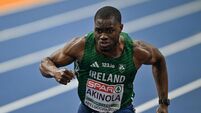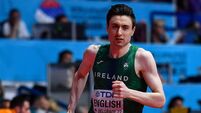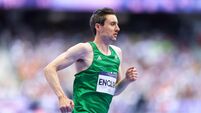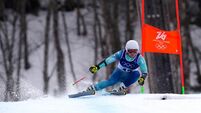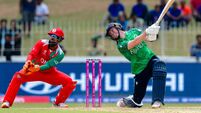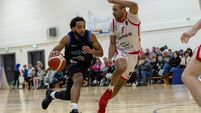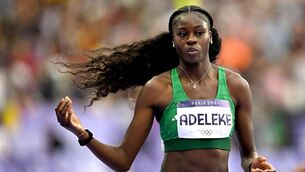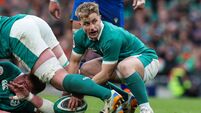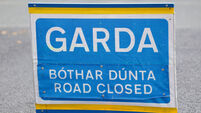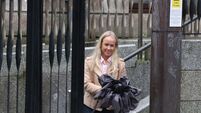This is the golden age — Ireland has never had a World Championships like this
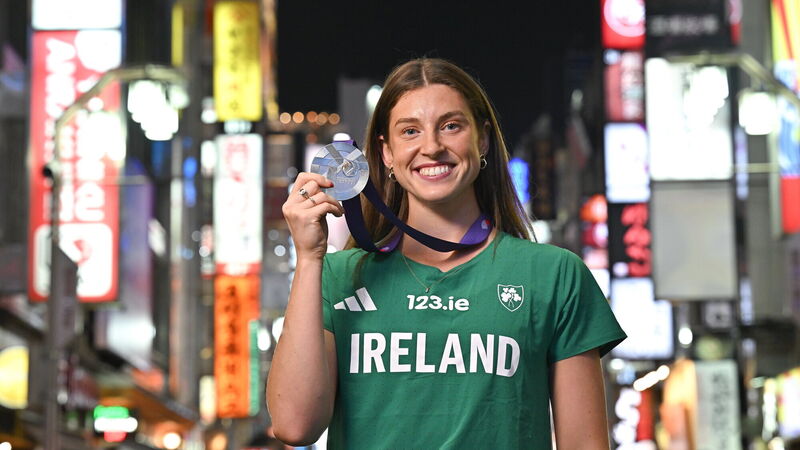
Ireland's Kate O'Connor with her women's heptathlon silver medal at the World Athletics Championships at Kabukicho in Tokyo, Japan. Picture: Sam Barnes/Sportsfile
Ireland had never had a World Championships quite like this. Not even close.
Granted, they had won gold on this stage before — via Sonia O’Sullivan, Eamonn Coghlan, Rob Heffernan and Olive Loughnane — but track their overall impact at those respective editions and you quickly realise something about Irish athletics: The golden age is now.




